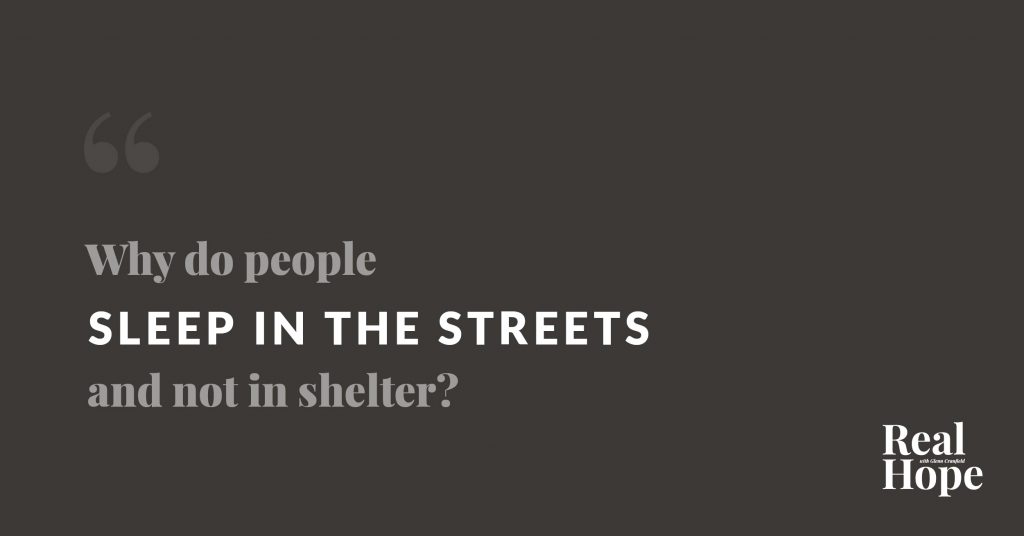
With homeless shelters available all across the country, it’s fair to wonder why someone might choose to sleep outside, on the street, or in a tent. However, this seemingly obvious choice has a lot more to it than most people realize.
Some homeless shelters are dangerous
Unfortunately, some shelters have developed a bad reputation among the homeless community. They are considered dangerous places filled with drugs, thieves, and diseases. Of course, not all shelters are like this. There are lots of great organizations out there providing help and hope, like Nashville Rescue Mission. Still, the poorly run facilities that fit this description may taint the reputation of the others.
Areas with large homeless populations can be particularly susceptible to this. The more crowded a shelter is, the more likely it is to house someone dangerous. Overcrowding in shelters can also stretch staff thin and make it more difficult to take care of the community.
While most homeless shelters are perfectly safe, welcoming environments, one bad experience can turn someone away from the idea of using a shelter forever.
Homelessness & mental health
Additionally, a large portion of the homeless community suffers from untreated mental health issues. Among other things, this can make them distrustful of other people, even those trying to help. This mistrust manifests itself in a desire for total independence, where some may prefer to be left entirely alone and isolated.
Mental health issues are a significant factor in someone becoming homeless, but it is also common for people to develop mental health problems the longer they experience homelessness. The hardship, fear, and general disconnection from people can manifest in depression, PTSD and more.
Having an aversion to homeless shelters is especially unfortunate for those struggling with their mental health because a good homeless organization is a great resource for people to get connected with mental health services. Many local governments and nonprofits offer mental health resources to the homeless community completely free of charge. There are programs and trained experts available for all kinds of addiction, trauma, and mental health-related issues.
Routines are comfortable
Finally, there is a genuine human fear of the unknown to consider. People rely on habits and routines to keep themselves grounded. Shaking up that routine to go with a stranger to some strange place may be extremely stressful, especially for someone who is experiencing homelessness and may also have mental health issues. It’s understandable that many people simply prefer to stick with what they know. They would much rather stick with the routines they’ve come to develop over their time on the streets, even if those habits aren’t healthy or in their best interest.
This can be a particularly pressing issue during the winter and summer months, when severe weather and extreme temperatures may be dangerous and even deadly for someone living on the streets.
It’s why the work we do is so important. It takes the entire community to work together to overcome these obstacles and keep our neighbors in need safe.
Want to learn more about homelessness?
Hear Glenn discuss this question and others with Andy Bales, CEO of LA’s Union Rescue Mission in this month’s episode of Real Hope. Listen on Apple Podcasts and Spotify.

